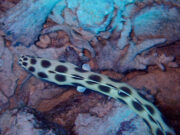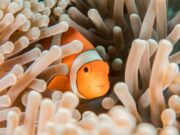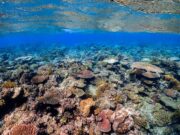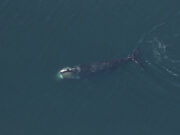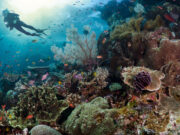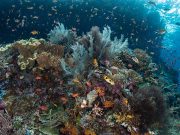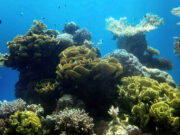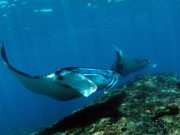environment
Japan is now the 14th country to implement the Green Fins initiative – a UN Environment Programme. Onna Village in Okinawa is the first Japanese tourist destination to adopt Green Fins environmental standards to reduce the threats...
The Gulf of Maine, historically the fishing breadbasket of North America, is now empty.
As a child, I was lucky enough to spend my summers with my grandparents in Maine (aka, Vacationland). This meant...
In recent weeks the world has been gripped by the ongoing environmental and humanitarian catastrophe unfolding in Australia. The country has been suffering from devastating bushfires since the tail end of last year which is currently ravaging...
If not done responsibly, the cumulative impact from all snorkellers worldwide increases pressure on the already vulnerable coral reefs.
Liveaboards open up some of the best diving in the world. But at a cost to the environment. Discover how much carbon your liveaboard and flights are emitting and how you could offset it
The rebrand comes as Green Fins' are urgently ramping up their work due to climate change impacts. The initiative continues to grow and adapt from a simple code of conduct to an ever-expanding sustainable network. To date, the initiative has spread to 14 countries and connected with thousands of divers, dive professionals and operators worldwide.
It’s the front line of climate change and could hold the key to predicting global sea level rise, but what goes on at the underwater face of Greenland’s glaciers is a mystery to science.
Restoring whale numbers would mean more iron in the water from their poo, which would mean more phytoplankton, and more carbon dioxide taken up from the atmosphere. Whales once contributed to as much carbon removal as forests of entire continents.
Thailand has banned several sunscreen products from the country’s national marine parks. These contain chemical compounds proven to be harmful to coral reefs
People ignoring the ban can be fined 100,000 baht - nearly $3000...
Although some have argued that climate change is so overwhelming that conserving coral reefs on a local scale is futile, study finds local actions magnify the effects of climate-driven heat waves. Local action to conserve coral reefs can help reefs withstand the effects of climate change.

